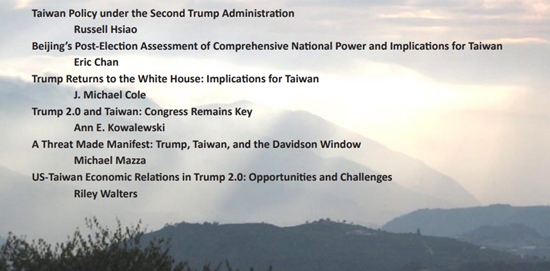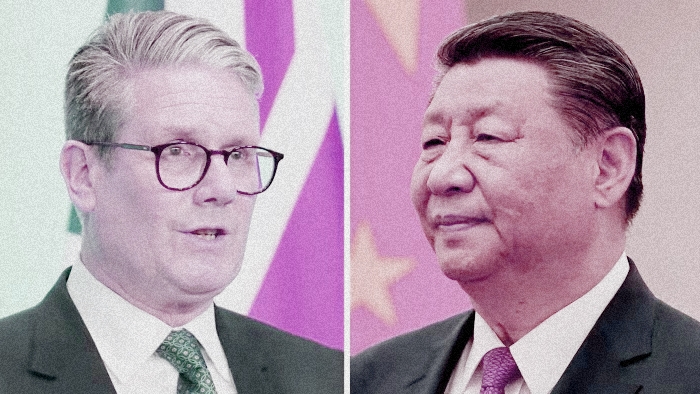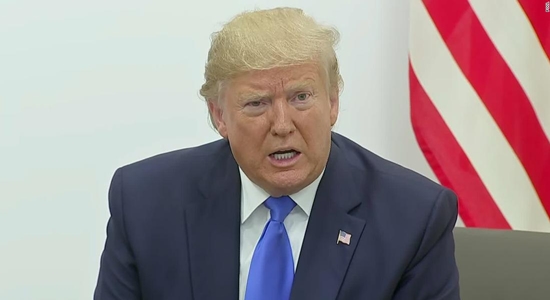
What will U.S. policy toward the Republic of China be under a new Trump administration?
The publisher of this website points us to an issue of Global Taiwan Brief devoted to the question. The installment begins with editor-in-chief Russell Hsiao’s comparison of Taiwan initiatives under Trump and under Biden.
After offering the caveat that “past performance is not indicative of future results”—untrue, really; it’s merely not determinative of future results—Hsiao concludes that “the record of the two presidencies shows remarkable continuities in the two administrations’ policy of supporting Taiwan, despite differences in approach and emphasis…. [T]he first Trump Administration did not alter the legal framework and core policies that form the basis of US policy towards Taiwan, nor did the Biden Administration lead to a significant rollback of some of those progressive measures.”
Hsiao is also heartened by the U.S. public’s still pretty strong support for Taiwan.
However, the scorecard is not entirely positive—a minority of Americans support US committing to defend Taiwan (aka strategic clarity) at 42 percent…. Moreover, there has been a noticeable and steady decrease in the number of Americans who support the use of troops if China invaded Taiwan, decreasing 16 percent from an all-time high of 52 percent in 2021 and dropping to 36 percent in 2024.
The significant drop in American support for the use of troops to intervene in a military conflict over Taiwan is occurring amid ongoing and very polarized debates that continue to rage within the US Congress about whether supporting Ukraine against Russia’s invasion is a vital US interest…. [T]hese debates appear to be having a spillover effect on public support for intervening in a military conflict over Taiwan.
Trump’s foreign policy in relation to Taiwan is similar to his foreign policy in relation to other allies of the United States. Trump:
1. Is strategically unpredictable (in rhetoric) and transactional;
2. Seeks to reduce the trade deficit and bring back manufacturing jobs; and
3. Prioritizes defense burden sharing with allies and partners.
There are pluses and minuses to “these variables…that deserve closer attention,” Hsiao says. And he concludes that “the US-Taiwan relationship is stronger now in 2024 than it has ever been in 45 years.” One reason for his guarded optimism is the fact that the people Trump wants on his national security team understand “the CCP’s malign influence, the importance of deterring China,” and the importance of allies like Taiwan.
Other articles in the issue discuss China’s view of U.S. strength and the implications for Taiwan, what Trump’s diplomacy toward China and Taiwan may look like during his second term, U.S.-Taiwan economic relations, and the likelihood that the U.S. Congress will continue to act against the CCP and for Taiwan.
Also see:
Global Taiwan Institute: Global Taiwan Brief Vol 9. Issue 22 (PDF)





